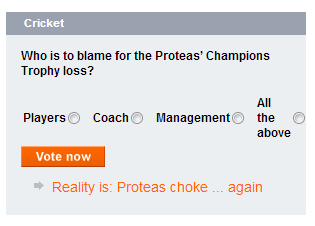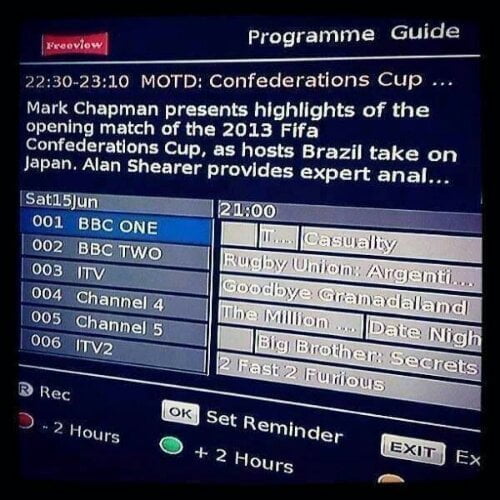Not my view, although I am coming around to that way of thinking. I thought that my initial disappointment was just a natural reaction to a sudden change, but slowly, I’m realising that actually, New Flickr isn’t as good as Old Flickr.
But that quote in the title belongs to @NewtonGimmick, here. And why? Because he believes that that they are chasing the wrong sort of customer by attempting to compete with the wrong competitors:
Yahoo’s new vision of Flickr is to try and be a cool site like Tumblr and Instagram. Yahoo is furious that Instagram has so much of the market share. What Yahoo failed to realize is that Flickr doesn’t share the same market with Instagram. Flickr wasn’t ever about posting the latest photos from your iPhone. And no, that doesn’t mean that there weren’t people who did that. Flickr welcomed those people with open arms. They were part of the community, but they weren’t the basis of it.
The new Flickr is supposed to be a place where you post up all your random, pointless photos. The original Flickr gave you information on the camera used, aperture, shutter settings and allowed you to interact with the photographer to learn more. These options still appear in the new and “improved” Flickr, but they’re buried away because they aren’t flashy enough.
The thing is, I’m usually quick to ignore people having a go at web-based services; those who don’t like the new features on Twitter or the latest layout on Facebook. The difference there is that those services are free (yes, yes, I know that there’s “no such thing as a free lunch”, and that “the users, are the product”). Whatever – we don’t pay money to use those services.
Flickr is… was… different in that respect. While there was a free option, there were also many, many thousands of users (including myself) who paid their $25 a year for the Pro version. So, while we’re not party to Yahoo’s business plan for Flickr, surely it’s fair for these people to have their say on the changes.
Having a Pro account didn’t actually make me a Pro photographer, but there were benefits (no ads, stats, unlimited space). Now, any new “Pro” accounts (except they’re called “Ad Free” accounts) will cost $49.99 a year. And all you get on top of a free account is no ads. You’re still subjected to a size limit (albeit a big one). If it hardly seems worth it, then that’s probably because it is hardly worth it.
It’s clearly designed to price people into taking the free option. Why? Because yes, it’s aimed at that quick and easy Instagram crowd. The crowd that Flickr doesn’t really have to compete with.
Far be it from me, a microbiologist in South Africa, to question the motives of Marissa Mayer and her people at Yahoo. But I, like the writer above, find myself concerned about Flickr’s longevity in this easy come, easy go, instant gratification world:
After being around a decade and still going strong, it always seemed like Flickr was going to be there. I never really worried about Flickr going away. After all, it had millions of users and a large portion of which, paid for the service. But now? Flickr suddenly feels uncertain. I am less trusting of investing my time uploading photos to Flickr, because I get the feeling that in a few years, Flickr will be going the way of MySpace.
Flickr was never a “social network” for me. I liked looking at other people’s photographs, of course, and I like them looking at mine too, but it was primarily a method of archiving my photos rather than displaying them or sharing them. I’ve still got that – and I’ll still have got that on a free account now too – but how safe will it be? So must I download the photos and store them somewhere else? I have 5,228 images on there as of today – many of them linked to other places (like here for example). It’s a big ask.
Aside from those concerns though, what am I to do with my Flickr account? Downgrade it? Upgrade it?
For the moment, I’m going to sit back and watch what develops. I’m paid up for another 3 months or so anyway, and although I’d get some money back, I don’t want to rule myself out of anything by hurriedly overreacting.
The feedback that I’ve seen thus far has been overwhelmingly negative and who knows, maybe that will instigate (another) change of mind.
Watch this space.
But while you’re watching it, have a look at my Flickr space as well. While you still can.




